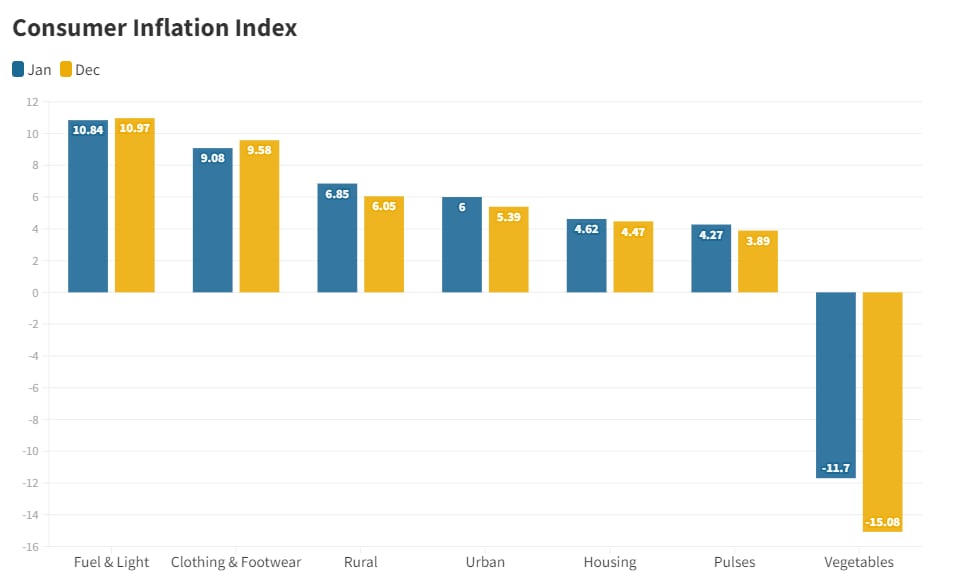US Inflation Sees a Slight Dip, But Trade War Looms as a Potential Threat
BlogTable of Contents
- [สองหมอขอลงทุน] Consumer Price Index (CPI) คืออะไร ทำไมเราต้องรู้จัก ...
- Không thể chủ quan dù CPI tháng 8 được "hãm phanh", mục tiêu kiểm soát ...
- What to expect from Consumer Price Index data on March 13
- The CPI Broken Record Continues, Rent Keeps Rising, Otherwise Inflation ...
- CPI 7.5% / MAS Core 5.1%・Singapore Consumer Price Index
- CPI Data Tomorrow - Apollo Academy
- Thai headline CPI below forecast in Nov, seen slowing further | Reuters
- Consumer Price Index or CPI compare with Personal Consumption ...
- CTC 475 Review Replacement Analysis Insider View - ppt download
- Final Salary Linking Quiz time. - ppt download

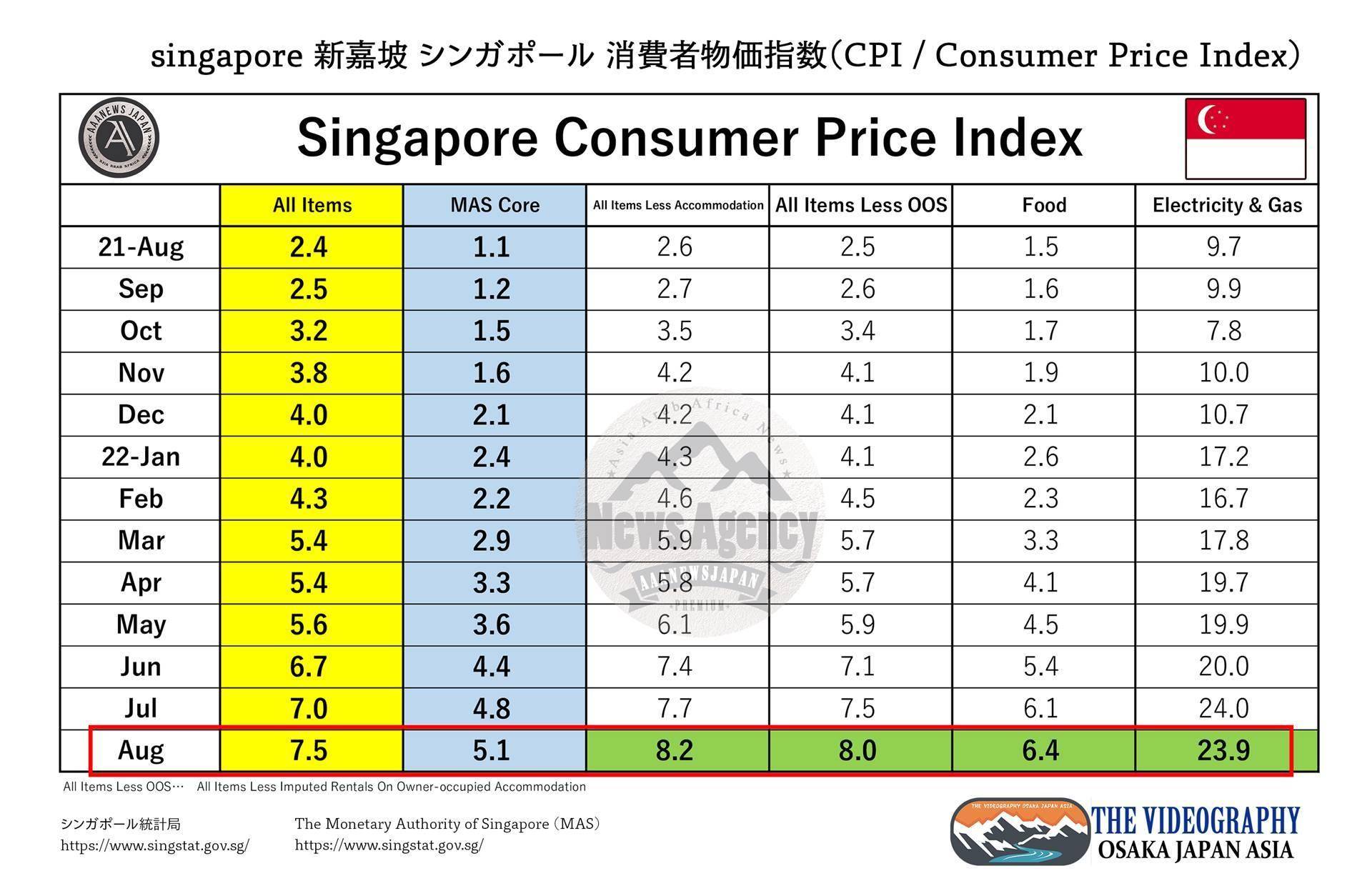
The Consumer Price Index (CPI), which measures the average change in prices of a basket of goods and services, rose by 2.3% in August compared to the same period last year. This is a slight decrease from the 2.5% increase recorded in July. The core CPI, which excludes volatile food and energy prices, also saw a marginal decline, increasing by 2.0% compared to 2.2% in the previous month. These numbers indicate that inflation is still within the Federal Reserve's target range of 2%, but the trade war with China could potentially push prices up in the coming months.
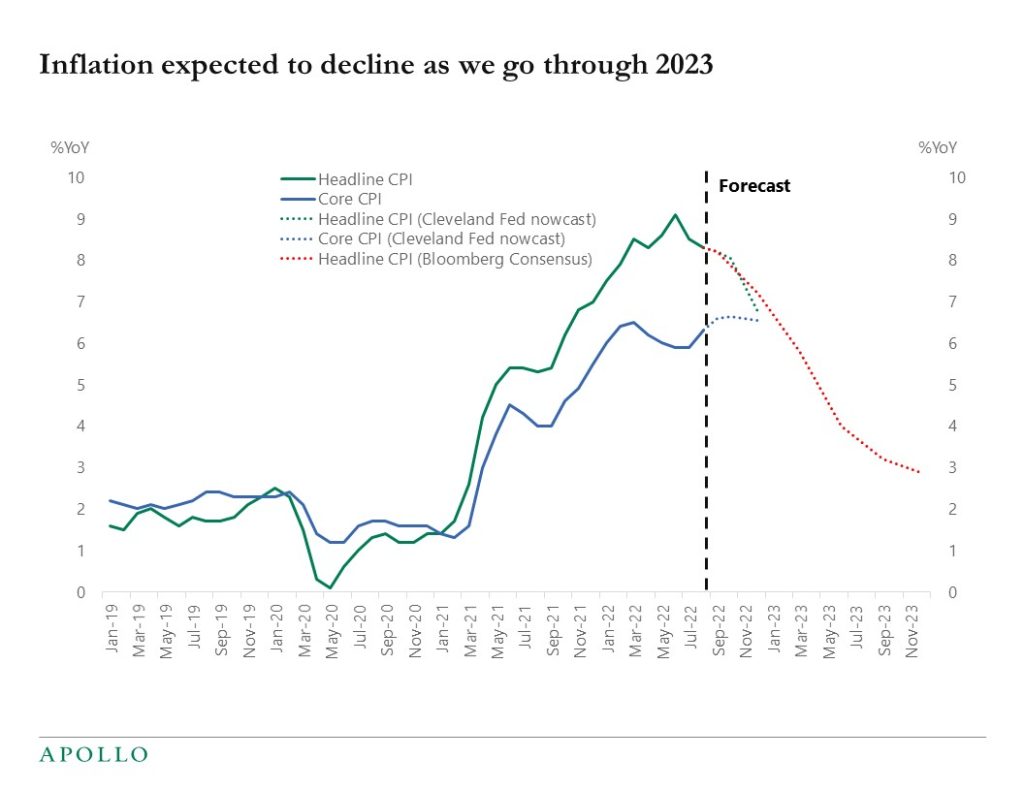
![[สองหมอขอลงทุน] Consumer Price Index (CPI) คืออะไร ทำไมเราต้องรู้จัก ...](https://t1.blockdit.com/photos/2023/09/64fd4aaa0e0ed0166defdc8a_800x0xcover_RICsq1eD.jpg)
Impact of Trade War on Inflation

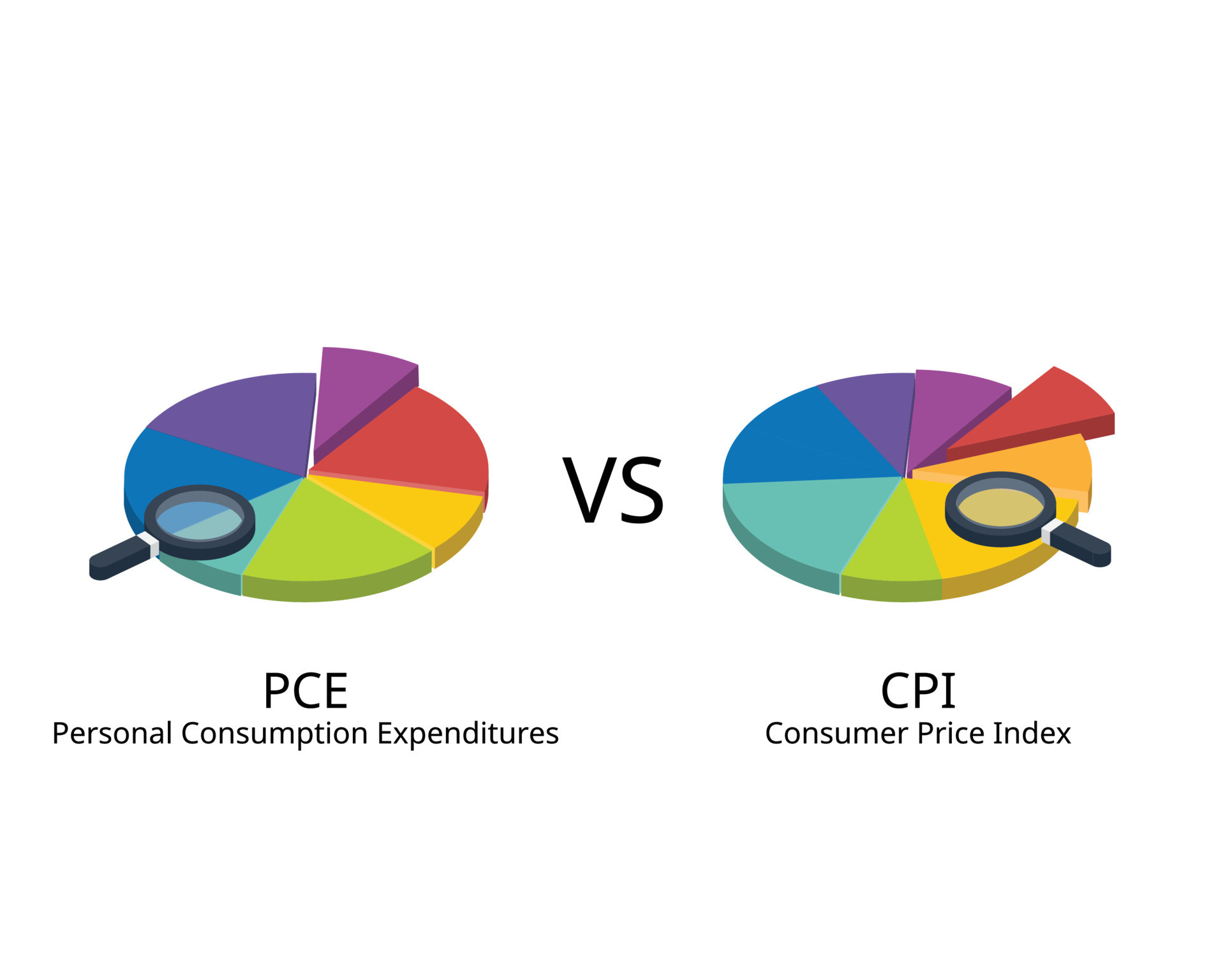
The trade war has also led to a decline in business confidence, with many companies delaying investments and hiring due to uncertainty about the future. This could lead to a slowdown in economic growth, which in turn could impact inflation. The Federal Reserve has already cut interest rates twice this year to boost economic growth, but the trade war poses a significant risk to the economy, and the Fed may need to take further action to mitigate its impact.
.jpg)
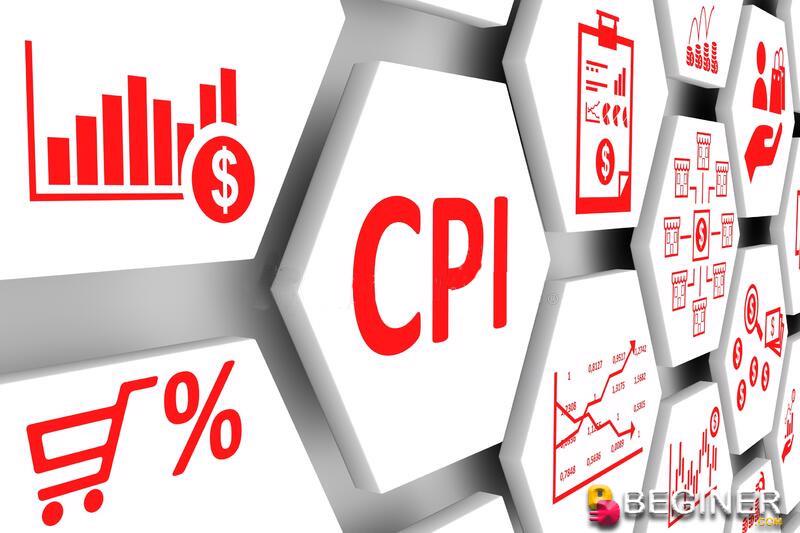
What's Next for the US Economy?
+Consumer+Price+index+(CPI)+only.jpg)
In conclusion, while the US inflation has cooled down last month, the trade war with China poses a significant threat to the economy. The impact of the trade war on inflation and economic growth will be closely watched in the coming months, and the Federal Reserve will need to take a cautious approach to monetary policy to mitigate its effects. As the trade war continues to evolve, it's essential for consumers, investors, and businesses to stay informed about the latest developments and their potential impact on the economy.
